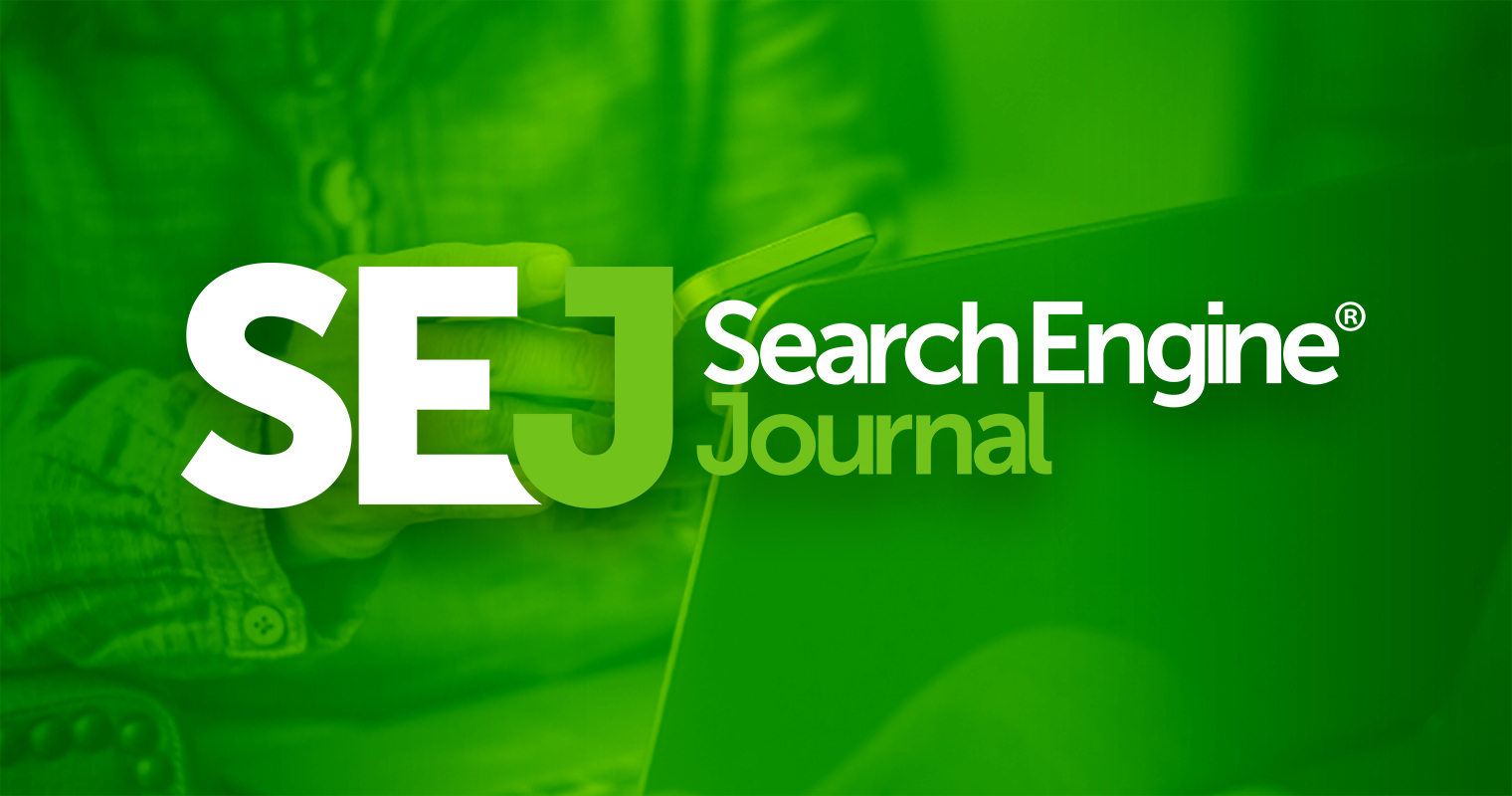SEO
DuckDuckGo, Ecosia, Qwant Pen Open Letter On Fair Choice

In an open letter released on July 5, 2022, the three search engine chief executives outlined 10 principles to enable internet users to change their default search engine effectively.
The release, entitled “10 Principles for Fair Choice Screens and Effective Switching Mechanisms,” comes on the same day the European Parliament adopts the Digital Services Act (DSA).
This groundbreaking political agreement aims to protect consumers by establishing a new standard to hold dominant online platforms, or gatekeepers, liable for illegal and harmful content. Companies designated as gatekeepers include Google, Meta, and Twitter.
Fair Choice Seeks to Break Away from Gatekeeper Defaults
The letter, signed by Gabriel Weinberg, CEO of DuckDuckGo, Christian Kroll, CEO of Ecosia, and Corinne Lejbowicz, president of Qwant, calls for a set of 10 “common-sense” principles that will improve online user experience.
The executives state in the letter:
“Choice screens and effective switching mechanisms are crucial tools that empower users and enable competition in the search engine and browser markets. Without strict adherence to both clear rules and principles for fair choice screens and effective switching mechanisms, gatekeeping firms could choose to circumvent their legal obligations.”
The principles outlined suggest that users should have a choice screen for search engines, web browsers, and virtual assistants upon initial platform use. They also call for these screens to be offered periodically, at any time when “users are in the mindset to change core services, and major software updates can reset or affect gatekeeper-controlled search and browser default settings.”
It also stressed switching services should be applied across access points, be prominently displayed as top-level settings, and be free of charge.
Adoption Could Cut into Google’s Market Share
Should these principles be adopted, it could lead to the signatory companies and other search engines claiming a more significant piece of the search engine market. Google currently accounts for more than 90% of all internet searches worldwide.
This could have rippling effects through the search engine optimization and digital marketing industries, as optimization tactics would have to be adjusted for these other algorithms.
However, one of the conditions of the DSA is to enforce increased transparency measures on online platforms, including revealing how algorithms work for recommendations. The goal is to create a more level playing field between gatekeepers and smaller companies.
Additionally, as the three signatories, along with other smaller search engines, do not collect personal data about users, digital marketers would be required to find other means of targeting display ads, PPC, and other campaigns that rely on Google data.
Source: DuckDuckGo
Featured Image: VectorMine/Shutterstock

![How AEO Will Impact Your Business's Google Visibility in 2026 Why Your Small Business’s Google Visibility in 2026 Depends on AEO [Webinar]](https://articles.entireweb.com/wp-content/uploads/2026/01/How-AEO-Will-Impact-Your-Businesss-Google-Visibility-in-2026-400x240.png)
![How AEO Will Impact Your Business's Google Visibility in 2026 Why Your Small Business’s Google Visibility in 2026 Depends on AEO [Webinar]](https://articles.entireweb.com/wp-content/uploads/2026/01/How-AEO-Will-Impact-Your-Businesss-Google-Visibility-in-2026-80x80.png)
















You must be logged in to post a comment Login